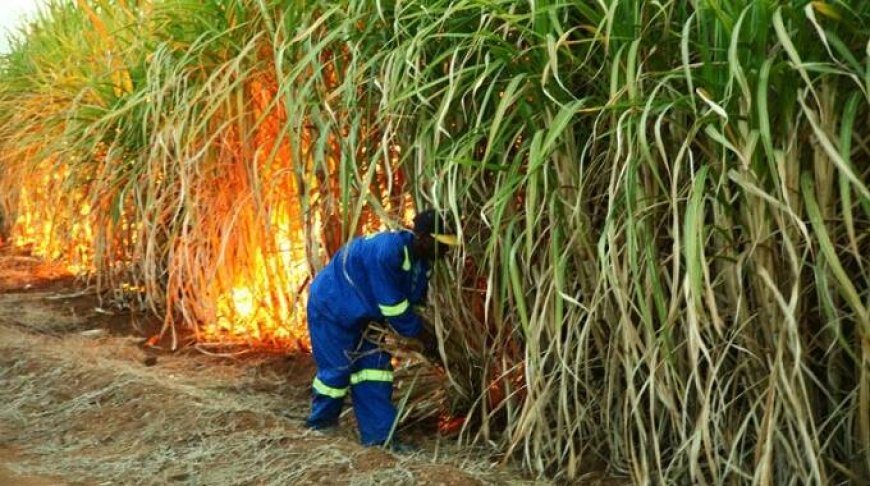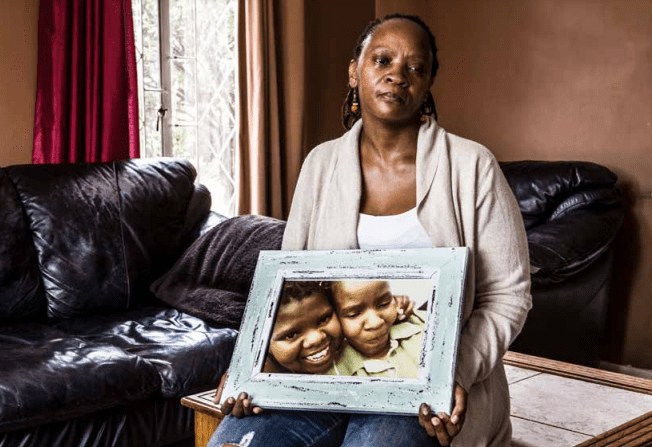Sugarcane farmers, millers clash over revenue sharing
Martin Kadzere Sugarcane farmers in the Lowveld are opposing a court order being sought by Hippo Valley Estates and Triangle Limited to set aside the new revenue-sharing ratio directed by the Government recently, arguing the arrangement will not have significant impact on the two sugar milling firms. Last week, Triangle and Hippo launched a legal […]


Martin Kadzere
Sugarcane farmers in the Lowveld are opposing a court order being sought by Hippo Valley Estates and Triangle Limited to set aside the new revenue-sharing ratio directed by the Government recently, arguing the arrangement will not have significant impact on the two sugar milling firms.
Last week, Triangle and Hippo launched a legal challenge against the Government’s directive to increase the revenue-sharing ratio in favour of sugarcane farmers, arguing the new ratio is unrealistic and could have severe consequences for the industry’s viability.
South African sugar producer Tongaat Hulett owns 100 percent stake in Triangle and 50,5 percent in Hippo Valley.
The new revenue sharing, known as division and proceeds (DoP), entails a ratio of 80,5:19,5 percent in favour of farmers.
It was previously set at 77:23 percent in favour of farmers, following the recommendation by Ernst & Young in 2016.
The sugarcane millers argue that the validation process conducted by Baker Tilly, an accounting consulting firm, was flawed and resulted in an unreasonable and unfair recommendation on the new ratio to the Government.
After millers and farmers failed to reach a mutual agreement on the recommendations of an EY report in 2016, the then Industry and Commerce Minister Mike Bimha determined that a comprehensive review of the EY DoP was necessary.
As an interim measure, Mr Bimha mandated the implementation of the 77:23 DoP ratio in favour of farmers.
He justified this decision by citing the time and resources required to conduct a thorough review that would address the concerns of both parties.
Despite Mr Bimha’s earlier commitment to a review, several years passed without any action.
In 2022, a Technical Working Group was established, composed of representatives from the millers, farmers and other relevant stakeholders, to address various issues affecting the sugar industry, including the DoP.
After extensive deliberations, a compromise was reached in favour of a validation, which had been called for by the farmers as opposed to a review proposed by the millers.
Baker Tilly was appointed to conduct the validation of the report.
In their opposing affidavit, about 1 200 farmers, being members of 10 associations, argue that the DoP ratio of 80,5 percent for farmers and 19,5 percent for millers would not have a material impact on the industry’s viability, competitiveness or the price of local sugar.
The farmers argue that the sugar industry has operated successfully in the past with a higher DoP ratio than the current one.
From 2014 to 2016, the DoP ratio was at 82,65 percent for farmers and 17,35 percent for millers, yet millers still operated profitably.
In demanding a fair share of the revenue generated by the sugar industry, the farmers contend that the millers’ position that the new ratio will affect viability should be validated.
The farmers argue that Baker Tilly, the firm appointed to conduct the validation, was contracted by representatives of both parties
and the Government only facilitated the process.
They assert that the contractual obligations to Baker Tilly remained with the millers and farmers. They also highlight that the fees for Baker Tilly’s services were settled by both parties.
The millers counter-argue that they were not given a fair opportunity to submit new written materials to Baker Tilly and were restricted to their previous draft submitted to EY.
EY, initially appointed to conduct the validation exercise, later withdrew, stating that its 2016 recommendations were final.
The millers assert this was unfair considering Baker Tilly’s lack of background compared to EY, who had conducted the 2016 DoP analysis.
But the farmers still insist that when review findings are disputed and allegedly erroneous, it is necessary for the contesting parties to provide detailed and comprehensive positions outlining their disagreements, the impact on the outcome and suggested corrections.
The farmers argue it was inconsistent for the millers to question the findings of EY, while simultaneously suggesting that EY had background with the matter and would correct its own errors in favour of the millers.
“Applicants (millers) seem to have lost
the chance to present their issues, such an important matter could not have been left to chance. It makes no difference if the submission was to be made to a different consultant firm as what became the case or whether it was EY,” the farmers argue.
“To expect EY to do it any differently without providing them with details of the perceived specific errors was to stretch it too far. EY or Baker Tilly could not guess what the correct values claimed to have been understated in the EY report should be.”
The farmers assert that the validation process was impartial, ensuring that both parties had equal opportunities to review and critique the EY findings. They emphasise that the Government’s role was merely facilitative, without imposing the validation process on the parties.
What's Your Reaction?



































